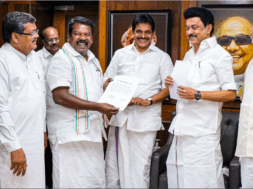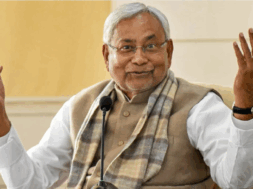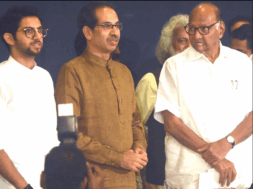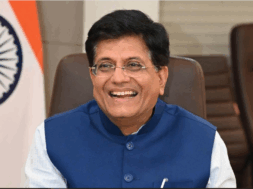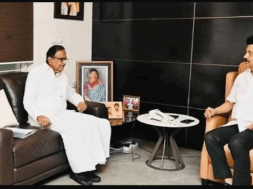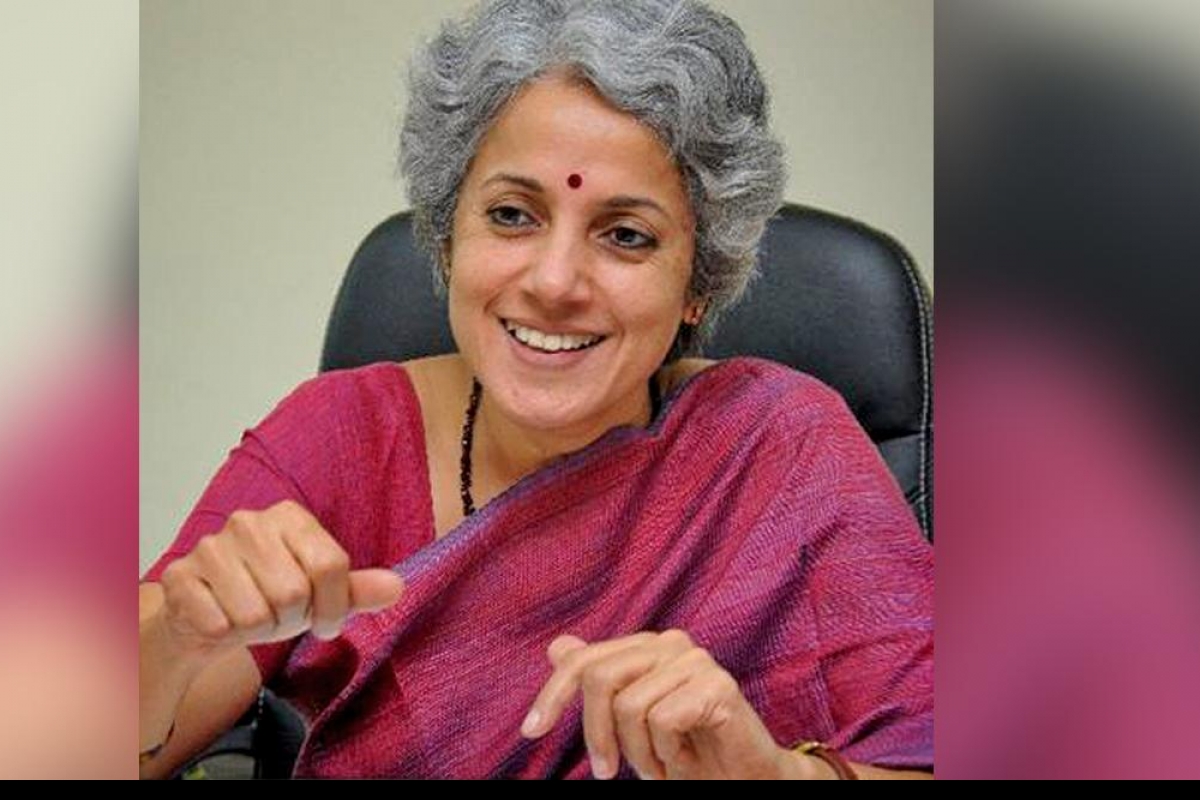
After Lancet, WHO Scientist Blames “Large Gatherings” for Second Wave in India
Manas Dasgupta
NEW DELHI, May 9: After the international medical journal “Lancet” that lamented India’s squandering away the early success in controlling Coronavirus spread and lambasted the Narendra Modi government for the “self-inflicted national catastrophe,” the World Health Organisation chief scientist Soumya Swaminathan has expressed a similar view as India continued to be battered by a more deadly second wave.
India in the second wave has been hit by a “variant of concern” but that alone could not be blamed for the dramatic surge in cases and deaths seen in India, Swaminathan said in an interview to a section of the media on Sunday. She lamented that her homeland “appeared to have let its guard down, with huge social mixing and large gatherings,” apparently hinting at the recently held political and religious congregation that the government allowed to go on freely without the government leaders themselves adhering to or bothering to enforce the Covid-appropriate restrictions on the people.
India recorded over 4.03 lakh new Covid-19 cases in the last 24 hours ending 8 am Sunday, taking the country’s total caseload to over 2.18 crore. Out of these, over 37.36 lakh cases are currently active while over 1.79 crore people have recovered. With 4,092 new deaths, the toll now stands at over 2.38 lakh. Maharashtra reported 56,578 cases while Karnataka had 47,563. Kerala, Tamil Nadu and Uttar Pradesh were the other top contributors.
In a first of its kind data released by the government, on Covid patients requiring critical care, shows that nearly 50,000 people are currently in ICUs while over 14,000 on ventilator support.
The COVID-19 variant currently spreading in India was more contagious and may be dodging vaccine protections contributing to the country’s explosive outbreak, Swaminathan said and warned that “the epidemiological features that we see in India today do indicate that it’s an extremely rapidly spreading variant”.
Ms Swaminathan, a paediatrician and clinical scientist, said the B.1.617 variant of Covid-19, which was first detected in last October, was clearly a contributing factor to the catastrophe unfolding in her homeland.
“There have been many accelerators that are fed into this,” the 62-year-old said, stressing that “a more rapidly spreading virus is one of them”.
“B 1.617 is likely to be a variant of concern because it has some mutations which increase transmission, and which also potentially could make (it) resistant to antibodies that are generated by vaccination or by natural infection,” she said.
But she insisted that the variant alone could not be blamed for the dramatic surge in cases and deaths seen in India, lamenting that the country appeared to have let down its guard down, with “huge social mixing and large gatherings.” Even as many in India felt the crisis was over, dropping mask-wearing and other protection measures, the virus was quietly spreading.
“In a large country like India, you could have transmission at low levels, which is what happened for many months,” she said. “It was endemic (and) probably gradually increasing,” she said, decrying that “those early signs were missed until it reached the point at which it was taking off vertically.”
“At that point it’s very hard to suppress, because it’s then involving tens of thousands of people and it’s multiplying at a rate at which it’s very difficult to stop.”
While India is now trying to scale up vaccination to rein in the outbreak, Swaminathan warned that the jabs alone would not be enough to gain control of the situation. She pointed out that India, the world’s largest vaccine-making nation, had only fully vaccinated around two percent of the 1.3 billion-plus population.
“It’s going to take many months if not years to get to the point of 70 to 80 percent coverage,” she said. With that prospect, Swaminathan stressed that “for the foreseeable future, we need to depend on our tried and tested public health and social measures” to bring down transmission.
The surge in India is frightening not only due to the horrifying number of people who are sick and dying there, but also because the exploding infection numbers dramatically increase the chances of new and more dangerous variants emerging.
“The more the virus is replicating and spreading and transmitting, the more chances are that… mutations will develop and adapt,” Swaminathan said. “Variants which accumulate a lot of mutations may ultimately become resistant to the current vaccines that we have,” she warned.
“That’s going to be a problem for the whole world,” she regretted.
“Lancet” in a piece highly critical of the Modi government last week, had said, “The success of India’s effort to cope with the second wave will depend on the government owning up to its mistakes, providing responsible leadership and transparency, and implementing a public health response that has science at its heart,” it said.

